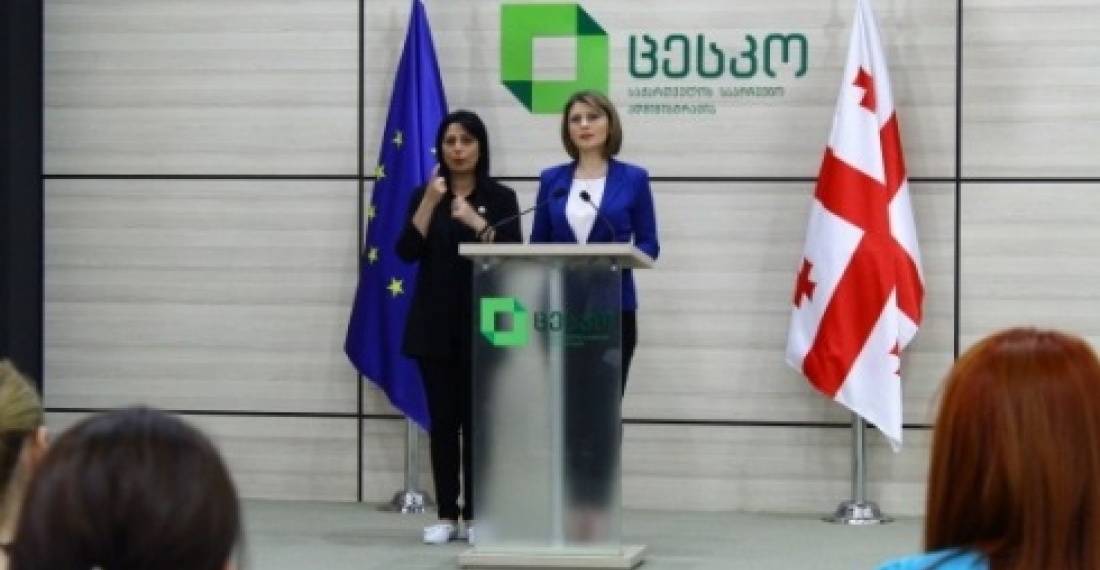Violent clashes took place between representatives of the United National Movement and Georgian Dreams party over the weekend at a polling station in Kortsheli. Mid-term elections to the municipal assembly, the Sakrebulo, are currently taking place, which will see 9 MPs elected.
"I've never seen such a disorder. There was no police. Rugby players and wrestlers, brought from Tbilisi and equipped with batons, were beating people. All this is happening due to the fact that the National Movement is winning elections in the village of Kortskheli", said Irma Nadirashvili, a UNM MP.
Law enforcement officers arrived at the village near Zugdidi later, while the interior ministry says it has begun an investigation. UNM members named as Nika Melia, Giga Bokeria and Tengiz Gunava were injured in the incident.
Elections are being held at 45 polling stations in Gldani, Gardabani, Kaspi, Tskaltubskom, Ozurgeti, Khobi and Zugdidi districts. Nearly 300 observers from 19 local non-governmental organizations and 6 observers from the International Foundation for Electoral Systems (IFES) are observing the process.
source: commonspace.eu with agencies







